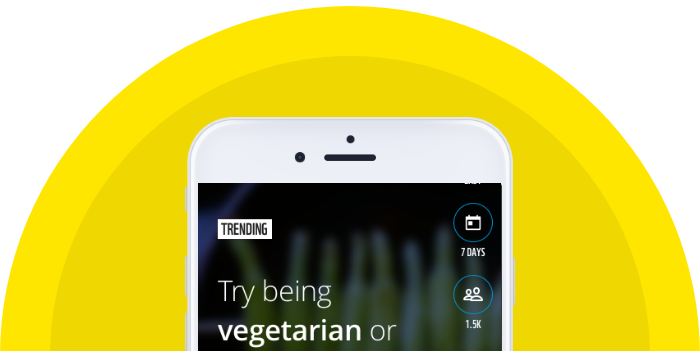Your Challenge
If unwanted or old mobile phones and other devices are cluttering up your drawers, you could help the planet by repairing them, finding them a new home or recycling them responsibly.
- If they are in good working order, you could pass them on to family and friends, sell them or even donate them. You could take them to a second-hand shop to resell them, or sell them yourself on second-hand websites or apps. For data security, make sure you wipe your devices and reset them to factory default settings before you pass them on.
- If your device is no longer working, or it’s not an option to find it a new home, then the best option is to recycle it. This means its components can be put to good use and could help to reduce demand for new raw materials around the world. Here are some tips below:
- Larger retailers are obliged to take-back small electrical items even if you didn’t purchase them originally from that retailer. Take a look at the Recycle Your Electricals website for further info.
- Check if you can take your old electronics to your local household waste recycling centre or pop them into your household kerbside recycling collection (where available).
- There are also charitable organisations that support people who don’t have access to technology. They accept working and non-working devices and prepare them for reuse by those who need them the most, contributing to a positive community action.
- Alternatively, many mobile phone providers offer device recycling services in-store or online; so you can donate or potentially trade in used devices.
- And it's not just about what you do with your old devices that make a difference: You could consider choosing a refurbished phone for your next handset, helping to reduce your impact further.
Why you're doing this
Electronic devices are manufactured using a mix of materials, the sourcing of which can cause harm to the environment and people. For example, many contain rare earth metals such as gold, lithium, nickel and cobalt. The mining required to extract these metals often occurs in sensitive natural landscapes. The mining process not only releases greenhouse gases but can degrade the natural habitats, which important wildlife species depend on for their survival. It can also displace communities living in the vicinity, and pollute freshwater sources. What’s more, some of these materials are ‘conflict minerals’, so-called because of the violent tactics associated with sourcing them. And these products also contain plastics, derived from fossil fuels.
And our devices continue to have an impact if they go to waste. Globally, 54 million tonnes of e-waste are generated each year from phones, tablets, laptops and other devices. That’s equivalent to 7kg per person around the world![1] At the same time, we’re keeping many devices unused in drawers at home. It’s estimated that 24 million unused smartphones have been left in drawers in UK homes over the last three years.[2] That’s a lot of resources that could be reused, as part of a circular economy.
How you'll make a difference
Keeping devices in use for longer, donating or trading them in, if you aren’t able to reuse or repurpose them, and recycling them if they are at the end of their life can all help to support the shift towards a more circular economy, and reduce e-waste. Taking this step will help to reduce demand for the raw materials needed to produce new devices, helping to tackle their environmental and human impacts.
